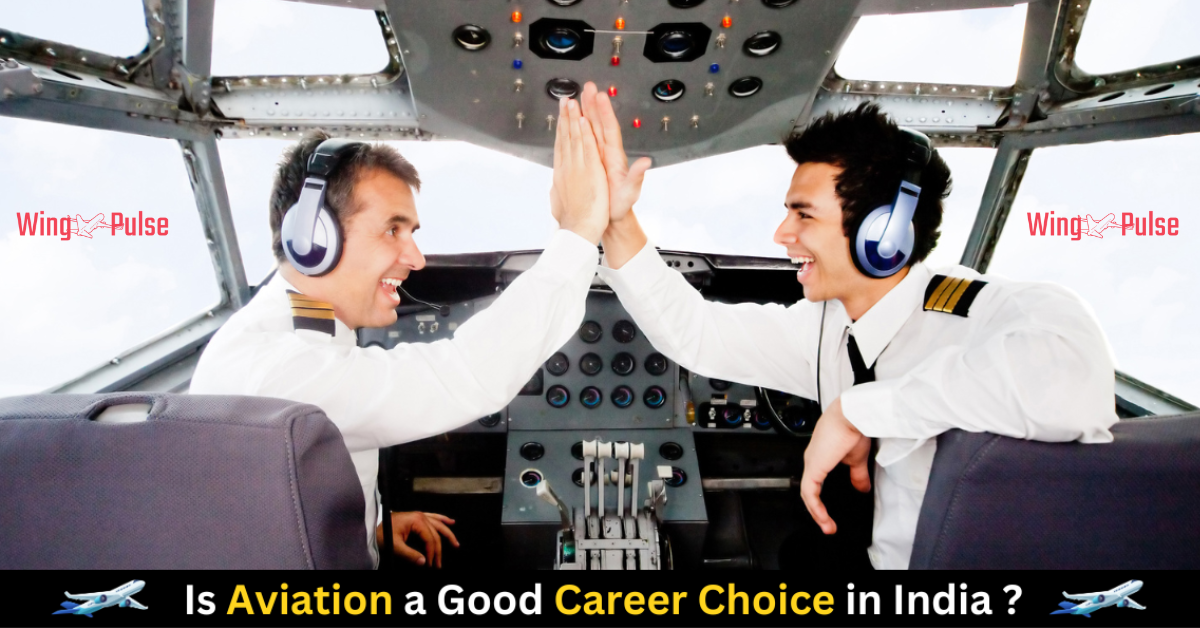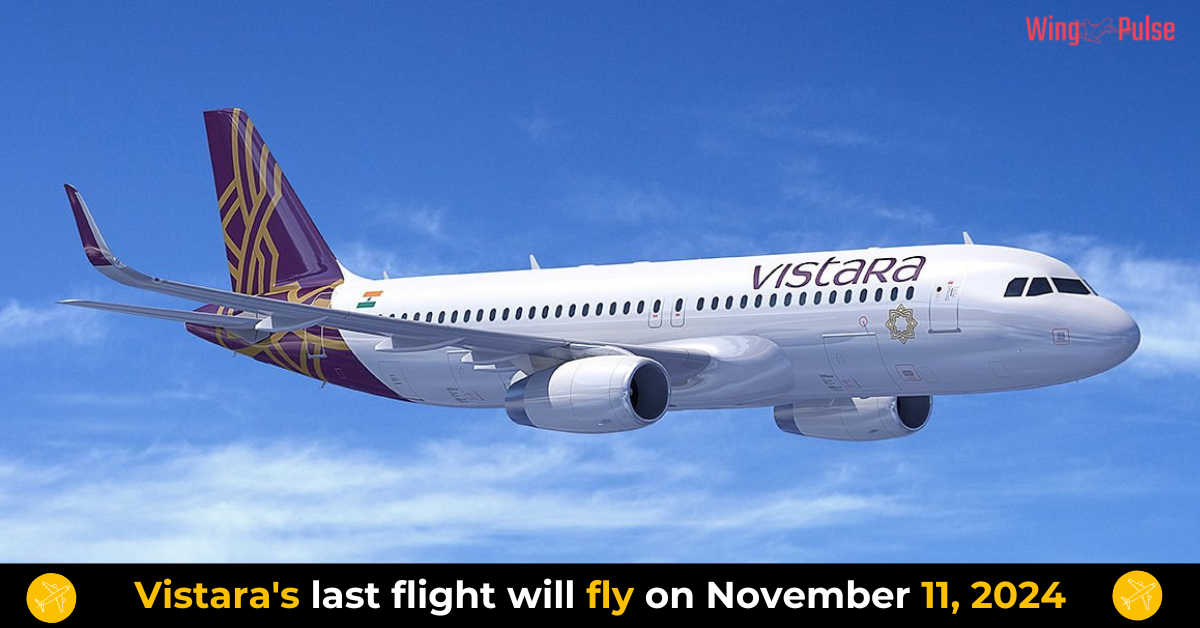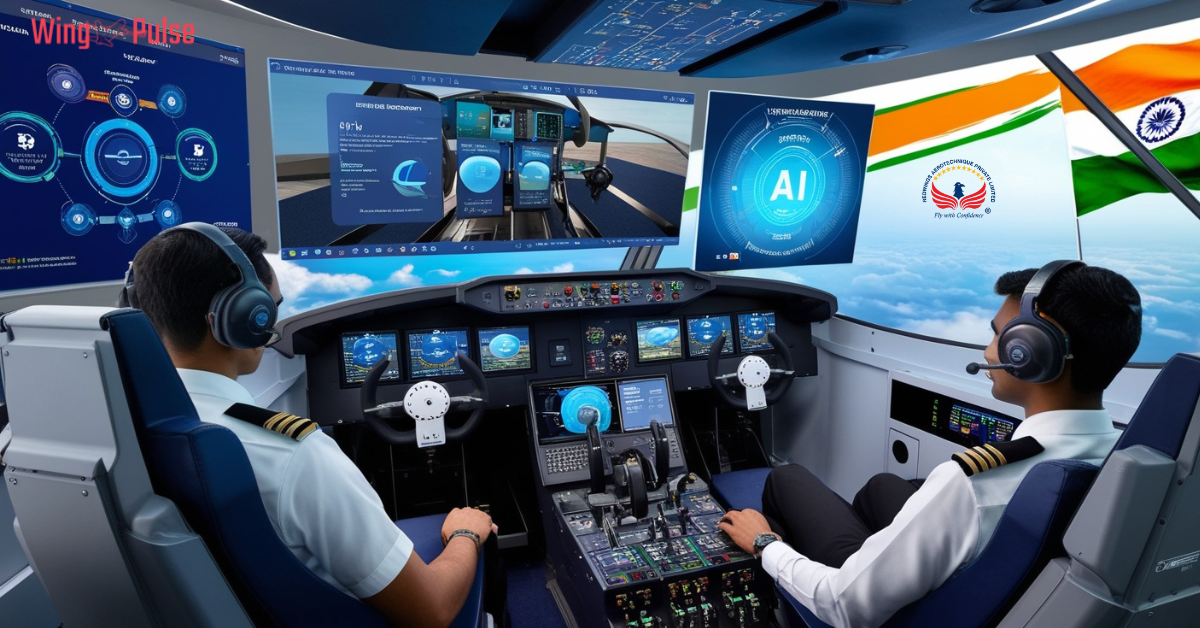Is Aviation a Good Career Choice in India

is aviation a good career choice in India : Aviation has always been synonymous with adventure, technology, and the marvels of human achievement. In India, the allure of a career in aviation has grown significantly in recent years. This surge is driven by the country’s expanding economy, increasing air travel demand, and numerous government initiatives aimed at boosting the aviation sector. But the question remains: is aviation a good career choice in India ?
Table of Contents
Growing Industry with Vast Opportunities
The Indian aviation sector is one of the fastest-growing in the world. With a burgeoning middle class and an increasing number of people opting for air travel, the industry is experiencing unprecedented growth. The government’s UDAN (Ude Desh ka Aam Naagrik) scheme aims to make flying affordable and widespread, further fueling this expansion. This growth translates to a wealth of opportunities for those considering a career in aviation, from pilots and cabin crew to air traffic controllers and aerospace engineers.
Lucrative Salary Packages
One of the most attractive aspects of a career in aviation is the potential for high earnings. Pilots, especially those employed by major airlines, can earn significant salaries along with various perks like health benefits, travel allowances, and retirement plans. Other roles, such as aircraft maintenance engineers and air traffic controllers, also offer competitive pay scales and job stability, making the financial prospects in aviation quite appealing.
Diverse Career Paths
Aviation is not limited to piloting an aircraft. The industry offers a myriad of career paths. For those interested in technical aspects, roles like aircraft maintenance engineers, aerospace engineers, and flight safety inspectors might be appealing. Individuals with strong interpersonal skills might thrive as cabin crew or in customer service roles at airports. Additionally, the aviation sector also includes opportunities in airline management, operations, logistics, and cargo handling.
Advanced Training and Skill Development
To pursue a career in aviation, one must undergo rigorous training and acquire specific certifications. Pilots, for instance, need to complete extensive flight training and obtain a commercial pilot license (CPL). While the training can be costly and demanding, it ensures that only the most skilled and dedicated individuals enter the field. Additionally, continuous learning and skill development are integral parts of an aviation career, helping professionals stay updated with the latest technological advancements and safety protocols.
Technological Advancements and Innovation
The aviation industry is at the forefront of technological advancements and innovation. From the development of more fuel-efficient aircraft to the integration of artificial intelligence and automation in flight operations, there is a constant push for improvement. Professionals in this field are often involved in cutting-edge projects that shape the future of air travel. This aspect of the career can be highly rewarding for those with a passion for technology and innovation.
Challenges and Considerations
Despite the numerous advantages, a career in aviation does come with its set of challenges. The initial cost of training, especially for pilots and engineers, can be prohibitive. The industry is also highly competitive, and securing a position with a major airline or airport can be difficult. Moreover, aviation professionals often work irregular hours, including nights, weekends, and holidays, which can affect work-life balance. The industry is also highly regulated, which means adhering to strict safety and operational standards.
Is Aviation a Good Career Choice in India Click here for AME Test
What qualifications are required to become a pilot in India ?
To become a pilot in India, you need to complete 10+2 with Physics and Mathematics. Then, you must enroll in a flying school approved by the Directorate General of Civil Aviation (DGCA) and obtain a Student Pilot License (SPL), followed by a Private Pilot License (PPL) and ultimately, a Commercial Pilot License (CPL).
How much does pilot training cost in India?
The cost of pilot training in India can range from INR 25 to 40 lakhs, depending on the flying school and the type of aircraft used for training.
What are the career options available in the aviation industry apart from being a pilot?
Apart from being a pilot, career options in the aviation industry include aircraft maintenance engineer, air traffic controller, cabin crew, ground staff, aviation management, aerospace engineer, and flight safety officer.
What is the average salary of a pilot in India?
The average salary of a commercial pilot in India can range from INR 1.5 to 6 lakhs per month, depending on the airline and the pilot’s experience.
Is there job security in the aviation industry?
Job security in the aviation industry can be influenced by various factors, including economic conditions and airline performance. However, the growing demand for air travel in India suggests a positive outlook for job security in the sector.
What skills are essential for a successful career in aviation?
Essential skills for a successful career in aviation include strong communication, problem-solving abilities, technical knowledge, teamwork, attention to detail, and the ability to remain calm under pressure.
Are there opportunities for career growth in aviation?
Yes, there are ample opportunities for career growth in aviation. Professionals can advance to senior positions, take on managerial roles, or specialize in areas such as flight training, safety management, or aviation consultancy.
How does one become an aircraft maintenance engineer (AME) in India?
To become an AME in India, one must complete a three-year AME course from a DGCA-approved institute and pass the DGCA licensing exams. Practical training and apprenticeship are also part of the qualification process.
What are the working hours like for aviation professionals?
Working hours for aviation professionals can be irregular and may include nights, weekends, and holidays. This is especially true for pilots, cabin crew, and air traffic controllers.
Is it necessary to have a background in science to pursue a career in aviation?
For certain roles, such as pilots and aircraft maintenance engineers, a background in science (Physics and Mathematics) is essential. However, for other roles like cabin crew or customer service, a science background is not mandatory.



Top growing sector in India ✈️✈️